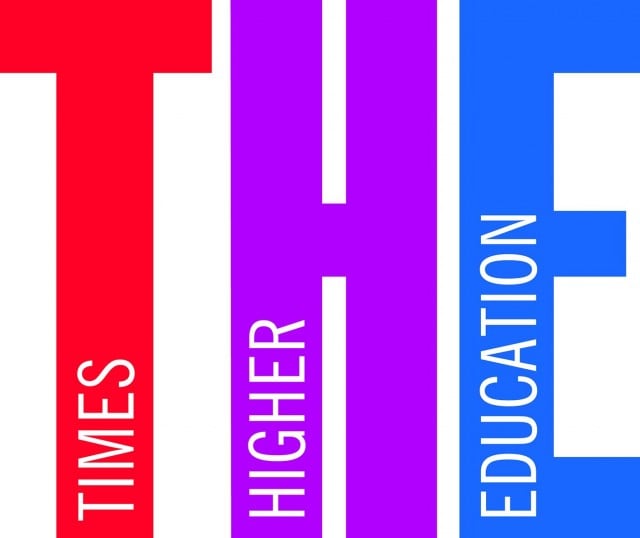You have /5 articles left.
Sign up for a free account or log in.
Public universities could be damaged “beyond repair” in the fallout from India’s COVID-19 catastrophe, experts have warned.
 Higher education institutions have not been spared in the deadly second wave sweeping across the country, which is reporting upwards of 400,000 new infections a day, with headlines filled with tragic news from campuses. At the Central University of Gujarat, students and colleagues rushed the nanoscience dean, Indrani Banerjee, to three hospitals before she died from lack of oxygen.
Higher education institutions have not been spared in the deadly second wave sweeping across the country, which is reporting upwards of 400,000 new infections a day, with headlines filled with tragic news from campuses. At the Central University of Gujarat, students and colleagues rushed the nanoscience dean, Indrani Banerjee, to three hospitals before she died from lack of oxygen.
Multiple academics contacted by Times Higher Education reported being infected or caring for sick family members.
Campuses have been closed, with exams being held online or postponed.
“The quality of education is being impacted as there is no substitute to face-to-face learning,” said Pankaj Mittal, secretary general of the Association of Indian Universities.
Pushkar, director of the International Centre Goa, said that he didn’t think policy makers were “thinking ahead” to issues that would affect the next academic year, such as admissions and exams.
“The majority of universities do not have the capacity to do either [online or in-person exams] under current conditions,” he said.
In the longer term, he feared that public institutions “will likely become even more cash starved in the post-COVID era. They were already in crisis and will be hit beyond repair by the pandemic.”
The latest COVID-19 wave has interrupted what was going to be the implementation of the ambitious National Education Policy, which outlined major expansion and internationalization of India’s higher education system.
Eldho Mathews, a senior researcher in Indian higher education, told Times Higher Education that “the future attractiveness of Indian cities as education hubs, both for students from India and abroad, would be affected.”
India’s most recent shutdown comes after a 10-month lockdown in 2020, which caused major disruption to teaching and research. Universities reopened in January with great hope as a nationwide vaccination drive was launched. But that openness lasted only a few months.
“We thought we were gaining the lost momentum in our academic work and in our plans to expand and grow in teaching and research, [but] we are back on our knees,” said L. S. Shashidhara, dean of research at Ashoka University.
There has been widespread disappointment among the academic community that neither the government nor the public heeded scientific advice to wear masks and avoid mass gatherings for election rallies and spiritual events.
Himanshu Negandhi, a faculty member at the Indian Institute of Public Health Delhi, said that “public complacency towards the disease should be addressed” and that the government should focus on “strict enforcement of guidelines and adherence to prevention measures.”
Siddharth Sridhar, a clinical virologist at the University of Hong Kong, said that “policy makers have dropped the ball this time round in India. Early warning signs of alarming transmission at the end of March were ignored.”
He said it was “vitally important” for governments to listen to scientists. “Academics in microbiology, epidemiology and public health certainly have their work cut out in this crisis: gathering data in a time of chaos, promoting vaccination and stopping community transmission by grassroots activism,” he added.
Simon Marginson, professor of higher education at the University of Oxford, described the situation in India as “exceptionally serious and urgent,” citing correspondence from colleagues in Delhi who were desperately seeking medical help for family and colleagues.
“The consensus is: ‘the whole system has collapsed,’” Marginson said.




